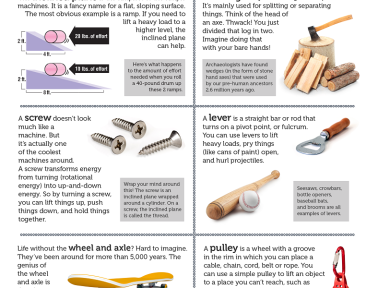Because I follow the brilliant Janet Lansbury on Facebook, I have come across several interesting posts about praise recently. In one of those, Lisa Sunbury of Regarding Baby shared her thoughts in Praise Not , a read I would recommend. All this reading got me thinking about praise.
It can be a tricky subject, the whole debate about praise and rewards. I’ve posted about it in the past in a panel discussion and I’ve also written about the potential for backfire when we rely too much on praise (see Praise Junkies Beware).
I wrote about it in my ebook, and I teach about it in classes. It can be a tricky subject to comprehend. You hear people saying you shouldn’t praise your kids, and suddenly you’re left wondering, “So what can I say?”
I usually explain it by teaching about the difference between encouragement and judgment. The terminology is less important. Feel free to call it what you like. The important thing is how you do it, not what you call it.
Praise and Judgment
Praise becomes a problem when it is administered too liberally, meaninglessly, and generically. It backfires when it’s used as a label or when children are manipulated or conditioned to seek outward approval.
But a problem arises when adults learn about the down side of praise and ride the pendulum all the way to the other side trying to censor themselves, resisting every urge to say anything that might possibly be kind of sort of like praise. No more compliments, no more high fives. That might be taking it a bit far.
There is great power in positive reinforcement, and as I meantioned earlier, it isn’t so much about what you call it, it’s how you do it. Here are some tips I share in my ebook and classes to help adults recognize how to give encouragement (or effective praise, if that makes you feel better).
Encouragement
I think this quote from Robert Martin draws a great contrast between encouragement and praise:
“Taking an interest in what people are thinking and doing is often a much more powerful form of encouragement than praise.”
Encouragement is more about acknowledging and taking a sincere interest and less about labeling people, efforts, or work with your own judgment.
So back to the question, what do you say?
Be Genuine
Make your comments sincere. Don’t shovel out accolades for commonplace things. If you sincerely appreciate how a child carefully hangs up his jacket, say so. “Thank you for hanging your coat up. That sure helps keep the cubby area clean.” But if you dish out overenthused comments children will sniff out your lack of sincerety. (“Oh, awesome job! You are the most amazing coat-hanger-upper I’ve ever seen!”)
Be Specific
The generic “Good Job” gives no feedback. It doesn’t help a child know what behavior you’re referring to. And, overused, it eventually carries no meaning at all. Be specific and descriptive with your comments. Even, “Good listening” gives less information than, “You sat with your body still and your eyes right on me. It looked like you were working very hard to listen carefully.”
Avoid Judgement
Be careful about passing out labels. Responding to a child with “That’s awesome!” seems harmless enough, but handing out such a label may actually reinforce work that the child thinks was sub-par and done with little effort.
Labeling with your own judgment also conditions children to seek their value from the opinions of others. These pattern of people-pleasing can lead to plenty of struggles down the road.
Ask Them
Instead of emphasizing your opinion, ask what they think. “Tell me about what you did at circle time today.” “Tell me about your painting.” “Wow, you used a lot of blocks in this structure. Tell me about it.” All of these comments show genuine interest, allow the child to evaluate his/her own work (which enhances executive functions), and will give you more insight into a child’s thoughts, passions, and capabilities.
Recognize Effort and Progress, Not Just the End Product
“You’ve really stuck with that. You’re working really hard.” “It looks like that’s getting a little easier. You must have been practicing.”
You want children to understand it isn’t about who they are but what they consistently do that’s important. So genuinely emphasize the actionable work they do, get their input, and be interested without being judgemental. You’ll find the influence these responses have on the children you love and teach are more effective and more positive for your child’s development.
What do you think? How do offer encouragement in a healthy way?
<!–
–>










